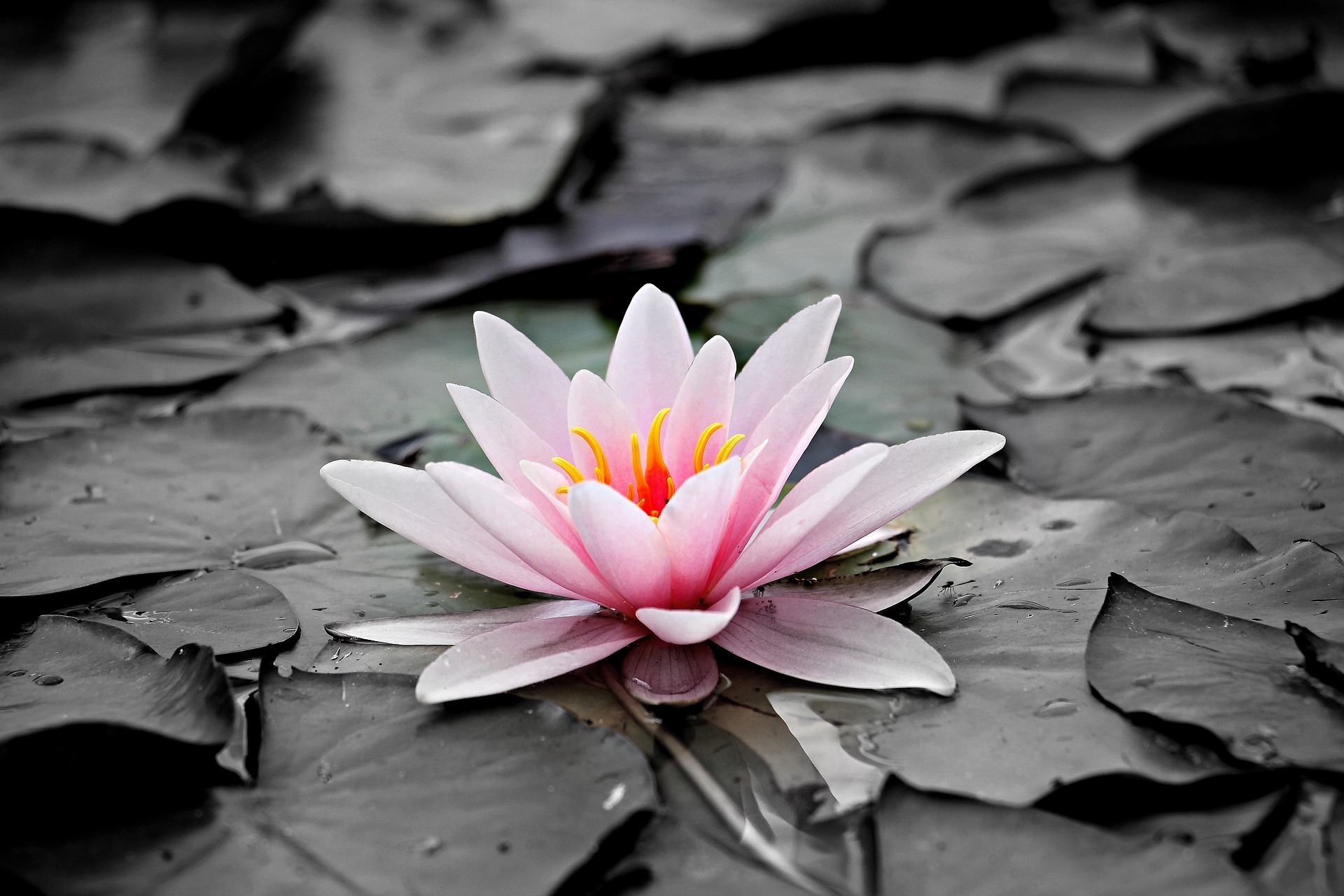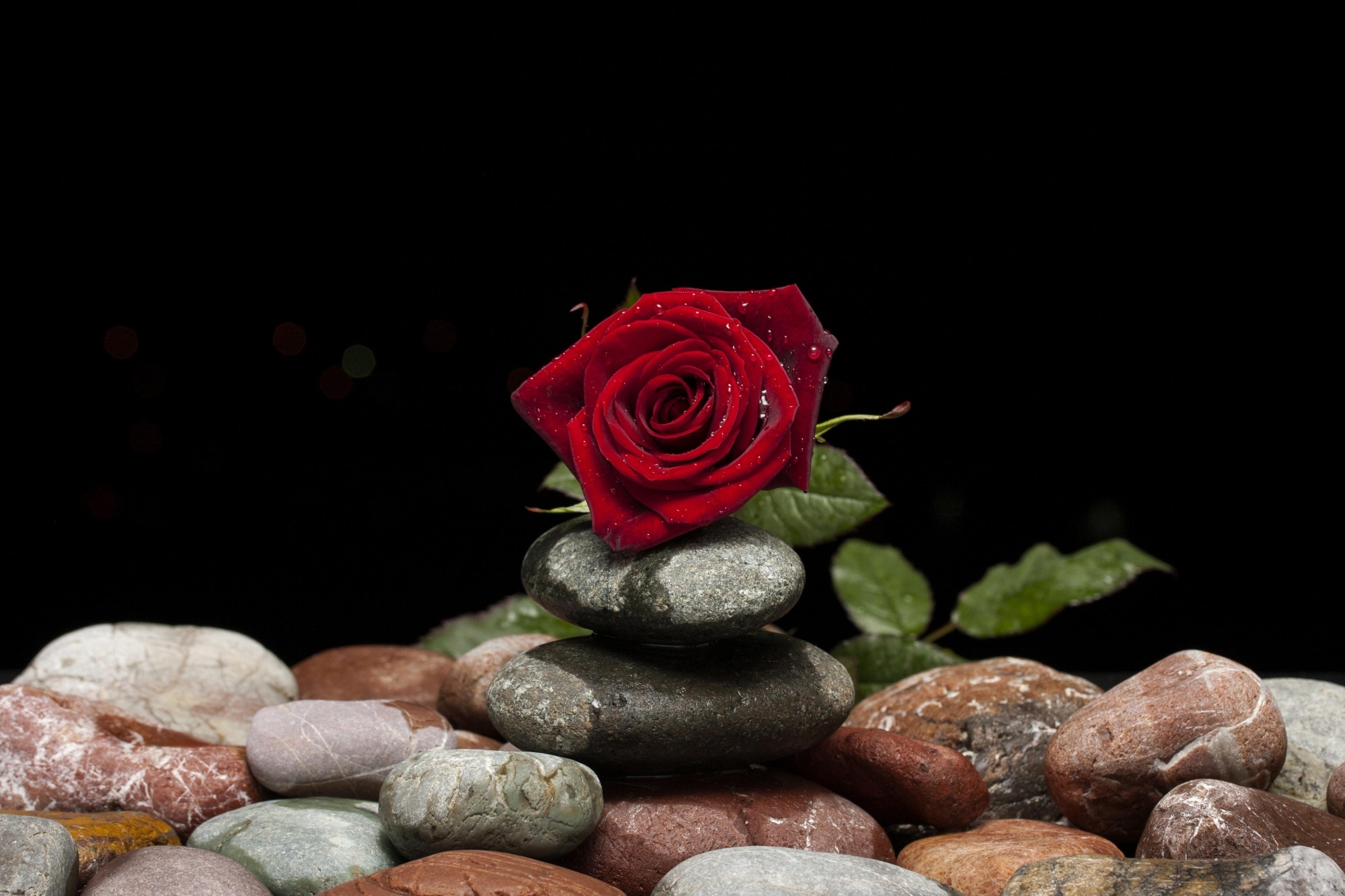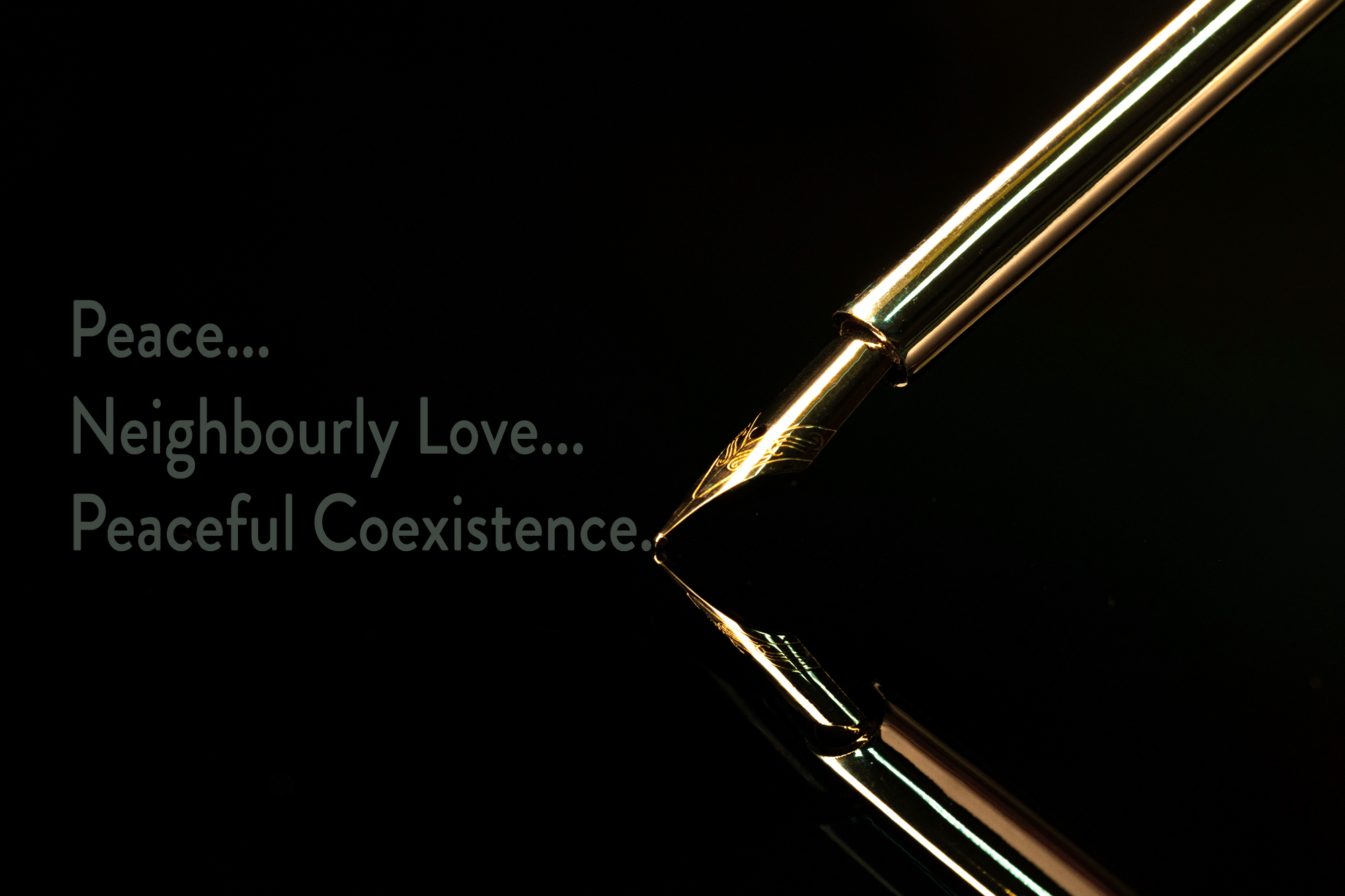Pick Your Battles or: Live to Fight Another Day

I have posted about wars. This is about the smaller ones in everyday life. We can make an issue out of every little thing. Sometimes, people will misunderstand it if we don’t. I had to fight a lot in the course of my life. I learned one thing for sure: Many things can become big, even huge in the eyes of the world – or our own – if we make them that. Fighting is proven to ‘take it out of you’: You can become angry, even furious once you have chosen the issue. You start an argument, perhaps. Things even may escalate into a full-blown conflict that rages for years.
And for what, really? So often we will come to realize that a lot of things are not worth the energy, because:
Fighting saps one’s strength. I am not talking about becoming angry – and letting off steam. That’s important in a healthy way and done safely in order to not hurt others. But fighting?
Fighting takes it out of you, the effects can become really dangerous to our system. Because, the way we deal with anger or even frustration is something we can learn – and manage. So much in life depends on how we look at it. Strong emotions are part of our mindset – that is also: part of how we evaluate what happens to us. The first flush of anger may be involuntary – but after that, it’s a choice. To save health and nerves and keep frustration at bay.
Because, also, so often looking back, we may regret unnecessary fights, especially with people we like or love.
That’s why I make it a point in my life – and a plea here for all who are wondering: Pick your battles. The next one may be really worth it.
Secret(s) of Love and Affection and Passion

Can I say anything definitive about it – when so many others seem to have failed? There’s romance to be considered – and jealousy, there’s loneliness that sometimes makes people rush into things; there’s fear of rejection, and heartbreak. The stories and plays, poems and songs that have been made are legion; I wonder if not the whole of mankind is seeped through and through with the eternal quest for love and passion and safety – and often in vain.
I always wondered why people are and behave the way they do. Why? Pain, especially. Why would people cause others pain on purpose? Revenge is also a subject in that sphere…when emotions or just pride are hurt and people start out on a hunt, as it were, to avenge themselves.
There are the archetypes that C.G. Jung, a successor of Sigmund Freud, defined: Symbols as figures, ideas of human types of behaviour, such as the bridesmaid, the bride, the damsel in distress and so on.
Many ideas we come in contact with are involved with the idea of love. The very basic longing for harmony and closeness with another human being that Erich Fromm called the need for overcoming the feeling of separateness (quoted from memory).
As most of us I have gone through some pain in that respect myself – as well as some joy.
There are patterns of human behaviour, male and female that you often find mirrored in (usually) cheap movies and stories: They ‘feed’ on those stereotypes and can be rather distracting, if you do not look beyond the images. For your own truth as well as of that of the other person.
Patterns of power relationships are involved, deeply sometimes and most of it not consciously: In patriarchy the man is to be supposed to be always cool, calm, collected and ‘on top’ of the situation. That means that he may tend to look for a life partner slightly his inferior in education, upbringing, or income, in order to feel like a ‘real’ man.
Women in turn may easily tend to look for a ‘strong, superior’ man in order to fulfill those roles.
Sometimes these roles are a safe bet.
Sometimes they are not.
The basics I learned to be true too, by reading, observation and my own experience are these:
-
- We tend to look for a partner who understands – us.
- Passion may perhaps be easy to come by – if you are not too particular; some apparently get ‘sozzled’ with intake of substances to make that part easy. Some buy it.
- Some wait for a long time to combine the ‘nature and nurture’, the experience and personal liking with a ‘soulmate’, in love and passion. My special regards to all of you people of like minds!
Whatever you do, remember these two ideas, to me they make the most sense of all:
In passion: All is fair as long as it is not done with children – and not by force. Consenting adults.
In love: “Whatever works.”
References:
Erich Fromm: The Art of Loving (Die Kunst des Liebens, German)
Alexander Lowen: Love, Sex and Your Heart (Liebe, Sex und Dein Herz, German)
Steve Biddulph: The Making of Love (Wie die Liebe bleibt, German)
Paul Watzlawick: The Situation Is Hopeless, But Not Serious: The Pursuit of Unhappiness (Anleitung zum Unglücklichsein, German)
Gerti Senger: Alles Liebe (German)
Pushed to Extremes – What’s Life All About?

Bungee jumping: Jump down extreme heights and be just kept back by an elastic, suspended in mid-air: Most people just do it to feel they are capable of going through extremes.
Perhaps the ‘going through hardship’ is at the ‘end of such a line’: Prove to yourself, especially, that you are capable of doing it – and perhaps find out about life…?
Growing up in protected surroundings can make you feel restless – at some point – to some it can happen sooner, to some, later in life:
What is life really all about? Why and how to live? Even with a lot of rules to your education, especially when imposed more or less authoritatively by parents and family – it’s like:
Grow up – and start breaking the rules in order to have fun…? Because grown-ups have fun they deny their kids…?
And still later, it turns out that you perhaps acquired wealth and fame and broke quite a number of rules – but sublime happiness is still denied you?
For all the promises and stories and rumours about the most exciting things you can do – and that could be all manner of things – what in some contexts is called ‘naughty’ – still something is missing?
How do I know?
Well, I know about these things partly from experience, but even more so from observation, talks and probably ten thousands of stories I read and watched.
But also from reading other kinds of literature, books, history too, but also psychology, philosophy and politics. Sociology. I also know because my parents weren’t of the authoritative kind: They reflected on rules, traditions, behaviour and language – and they explained why we would follow rules – or not.
They made us aware of what is at the bottom of human existence.
The classical free thinking: Know about ethics and why they are there and decide when you are of age, at the latest – responsibly. Responsible for mind and body – and the community, ‘neighbourly love’ -> ‘love your neighbour as you love thyself’. Sounds easy, but isn’t really, when you think about it.
Since then I did all those things, think of the consequences before I act…and decide, responsibly:
Although, I didn’t break rules just for the sake of it. Does not mean I did not make mistakes, or never hurt a soul.
But the questions of – ‘what is a human being, why is human existence what it is and what can we do to make it bearable?’
I can answer.
The main thing to me is that many people who have gone through hard times know too, what it is that keeps you going, when all is said and done:
It’s human kindness, understanding, love in all it’s manifestations, such as friendship.
To know that there are a few people who care makes all the difference.
I think, in some ways I am lucky that I’ve seen hard times, because I know for myself, for sure.
The basics in life that make us feel fulfilled and happy are also those that come with self-esteem and neighbourly love. Maslow’s pyramid of needs after that.
And the eternal Buddhist concept: Avoid pain.
Love, Passion, Seduction – Truth and Make-believe

I am not out to make it any easier to any of my readers, alas, if any of them had supposed that. I am out to make it clear – and less painful for many, who really care.
Starting out into life as a young person in its teens, growing up, growing mature and even more mature over time, one thing we will realize at some point:
Love is no light game.
There are movies, books and TV series in abundance especially these so ‘progressive days’, where we seem to ‘know it all’ – which try to ‘make one believe’ differently…
The 1960s long since behind us, when it was supposed to be just the butterfly thing for all who called themselves avantgarde – modern and advanced in thinking…
So, it’s routine these days?
To this day I observe those who believe that seduction is a game: ‘He who seduces successfully wins the prize’ – the prize of the biggest and most important among his peers – the football club, the card players – or simply the pub goers.
Well, my friends, its not. It’s the prize for the biggest simpleton – among many – given away, if anything.
Go on and use your imagination, your intellect and your heart – talk to people – and read. And you will learn. If you want to.
Of course there are those whose sole excitement in life is the thought of yet another passionate love affair.
I am for the truth, the simple and humane truth: In love it’s the heart that counts, not the brain or the long legs – or the hormones.
Competition and Patriarchy – or: Manipulation as Doubtful Means to an End

Patriarchy is an old concept of society but not the oldest ever. Even older is the one about matriarchy.
What they mean? They are about power in societies and describe the fact that either the male or female aspect reigns, the eldest being the head of the family, respectively.
Patriarchy in particular has won a rather doubtful reputation over the centuries since its advent. It’s been a while, bluntly put, a couple of thousands of years. But archaeologists still find ample and unambiguous proof that matriarchy is even older as a concept and was wide-spread at one time all around the world. Some religious traditions and rites still show the roots of it to this day. Just as some rather old customs, in all cultures today.
Patriarchy employs rather doubtful means to its ends, as it were. A society model that to a great extent is based on – competition.
Some people try to tell us competition is a human impulse. I beg to differ, to my mind such people do not look closely enough and I think that the humanities agree: In many societies around the globe a basic human need is met only by winning something:
The need for attention.
Human beings need attention, actually some form of love, to survive. And the closest some lesser developed cultures seem to get to that is the attention provided when winning a competition.
And sadly, this fact also is often used between the ‘comrades’, the ‘buddies’ when trying other people to do something, get them to react, in short: Make them feel or think something.
It never was nice. And it never was really considerate. Even less ‘gentlemanly’. I find the original idea of the ‘gentle man’ rather intriguing. As opposed to some aberrations of the snob.
Again, quite bluntly put: Manipulation is often used as a means to win an end. But as my father used to put it even more bluntly: “Do you have to sit on cr…p just because a million flies do?”
A Veritable Credo

The basics…? Food, dry shelter and clothes. Beyond that? Humans need company to feel accepted. To feel as part of a whole.
To get beyond acceptance and beyond the basics many people are prepared to do almost anything. Attention which is equalled with special acceptance is at the centre, often half-conscious. Depending on the culture, wealth may be put at the top of the list.
The bucket list?
To me, life can be full of pain, cruelty and suffering. In order to make life bearable or even wonderful, we would want to avoid pain for others and for ourselves.
Any wise book in this world you may want to try will put it in so many words. Philosophers as well as business reckonings as well as the great books of the four biggest world religions contain these elements in principle:
Life can be dreadful and it can be wonderful. We, as grown-up human beings are largely responsible for what we do and how we treat others on life’s journey.
We can see it as one big race. But, as Baz Luhrmann put it so wisely, “the race is long but in the end it’s only with yourself.”
There are times when some people wonder what to do, what to put at their list’s top.
In that case I would like to put it this way: All four religions and their central books/scrolls have their strengths and weaknesses, some parts of them having been discussed for centuries.
But, in order to live together in this world that depends on us being smart and compassionate and remember our ancestor’s ways of honouring nature – the human rights of the United Nations can be considered the best possible foundation, a rock of truth as it were, to measure everything else by – and with.
Your yardstick.
After that, the basics. And laughter, kindness and joy shared. Love.
Knowledge – Wisdom – Marketing – Stereotypes – What Reading and Thinking Can Do for You

Erich Fromm, Alexander Lowen, Sigmund Freud, Leo Tolstoy, Fyodor Dostoevsky, Victor Hugo, Alxandre Dumas, Charles Dickens, The Brontë Sisters, Shakespeare, Plato, Immanuel Kant, Aristotle,…the list goes on and on and on…. And those are only a very major few dealing with live, love, sex, gambling, man vs mankind, culture, thoughts, ideas in human life, right, wrong, and human needs. I’ve read so many books in the course of my life that I can truly say they cover a mid-sized library. A couple of thousands.
Opposed to that are the images you find in many Hollywood movies (often especially the ones drawing huge audiences), on Social Media – strange word for such a rather ‘un-social’ market place – but then, ever since the Ancient times it was common calling bad or problematic things by good names – to lessen the fear or dread of it, such as the Black Sea known to be dangerous to sailors. They called it “Pontos Euxeinos” in Greek, the friendly, kind sea.
Market places: Marketing images are everywhere – and they ‘feed’ on stereotypes.
Reading and thinking on your feet, you might say, trains the mind; trains your thinking, to go beyond common images, and be – at some point – a complete and wholesome human being rather than someone chasing the latest fashions in order to be fashionable – and be ‘IN’.
The monster, the lady in distress, the prince and the common man to rescue her so they can fall in love with her afterwards…
C.G. Jung, a Freud-disciple, called them ‘archetypes’ that have been around for many centuries in human existence, in the West at least, and patriarchal society, and thus are part of all our common (usually unconscious) heritage of ideas and wishes.
Most important in this respect to me are these ideas:
Knowing about something does not mean you had to do it first in order to understand.
Wisdom is not the same thing as knowledge. Wisdom is the combination of empathy (know human emotions) with experience and knowledge to truly understand human life.
The Most Important Idea to Remember…

8 Love has no fear; it does not worry; love keeps no records of wrongs; never fails.
13 And now abide faith, hope, love, these three; but the greatest of these is love.
(1 Corinthians, 13; translation: New King James Version, 1982)
The bible is called that because the term ‘biblos’ in Greek means book; to many it is the book of books.
I think it is full of wisdom, if you know how to read it. The focus on the New Testament, the Evangelists, neighbourly love at its center.
Other religions are wise too, equally if you know how to read and understand them. To me the most important value we can use to measure that kind of quality is respect for life, human – and otherwise, animals, plants, the Earth.
Again:
8 Love has no fear; it does not worry; love keeps no records of wrongs; never fails.
13 And now abide faith, hope, love, these three; but the greatest of these is love.
Super-models, Used Cars and TV-Shows – or: The Relativity of ‘Beauty’

Super-models are and have been hotly discussed as a concept for decades, at least.
Why? First and foremost, because, they sell:
They sell an idea, glamour, the unattainable, a dream…and the latest fashion. Last but not least, the idea of sublime love…
They seem to be the living image of all those childhood fairy tales, the princess of the piece; again the almost unattainable, the ‘lady in distress’ to be saved.
The prize a man would win and thus suddenly be shot to the top of society from wherever he came, originally.
The woman apparently being a ‘princess’ or ‘queen’ in her own right:
Adored, looked-up to – and earning money by the bucketload…
But the downside of this is also very true and thus this post: Too many people take these images still too seriously and especially young ladies and girls tend to try and follow that example – far too often and far too much.
We should remember this, as a well-known TV-personality put it one day, (translated from German):
He spends lots of times behind the scenes in the makeup artists’ domain and what they do to the models’ faces there would get any used-car dealer into prison…
Since the advent of digital image editing this is even more pronounced, try using a search engine online for terms such as ‘digital makeup’ or ‘digital face lifting’: Just one such search comes up with 5.3 million results.
In our modern digital age the spread of such images is fast and almost global: Far too many people every day doubt themselves and their looks and suspect they might not look fashionable, that is ‘beautiful’, enough.
A big mistake. Because, what happens to people who choose a partner simply for looks is a complete disillusionment as soon as the person becomes known to them in real life.
It is part of that fairy-tale ending we so often presume when not aware (yet) of the image as opposed to reality. I’ve posted about that too, elsewhere.
Love starts with ourselves. Not with ‘eternal, perfect’ beauty. But with the friendship we can develop inside for ourselves, a liking, the ‘love your neighbour as you love thyself‘ concept.
I implore anyone who is in doubt about their features:
Think again! Watch, learn, I am sure you will find I am right: ‘Winning’ someone’s love starts with liking / accepting ourselves for what we are.
In recent years some campaigns have been launched for ‘real beauty realization’.
But the reverse is there still: TV-Shows about model challenges and searches where young women and increasingly men are cruelly put down in front of audiences for ‘not fitting the bill’.
Erich Kästner, German, award-winning poet and writer of the 20th century, put it in a fine poem like this
(used DeepL for English translation in this case, edited manually, for speed):
The dream of face-swapping
When I dreamt what I am about to tell you,
thousands were rushing through that house.
And as if some one commanded it
and their own faces tormenting everyone,
they all took off their faces.
Like taking pictures off the walls for moving
we took our faces away.
And then we held them in our hands,
as masks are held at the end of festivities.
But it was not festive, the place.
Without mouth or eyes, bare as shadows,
each one reached for the other’s hand,
until they had faces again.
Quickly and silently the exchange was made.
Each took what he found in the other’s hand.
Men suddenly wore children’s features.
Women wore beards on their faces.
Old men smiled like concubines.
And then they all rushed, me along with them,
towards the mirror but I couldn’t see myself.
The crowd grew wilder and wilder.
One of them had discovered his face!
Shouting, he forced his way through the crowd.
And he cornered his face.
But he did not find it. It remained hidden.
Was I that child with long braids?
Was I that woman with red hair?
Was I one of the bald heads?
Among the mixed-up creatures
I saw none that was myself.
Then I woke up in shock. I felt cold.
Someone was pulling my hair.
Fingers tugged at my mouth and ear.
I realised, as the fear faded,
that the hands were my own.
Of course, I was not completely reassured.
Was I wearing features that did not concern me?
I jumped up hastily and turned on the light,
I ran to the mirror, looked at my face,
put out the light and went to sleep, reassured.
